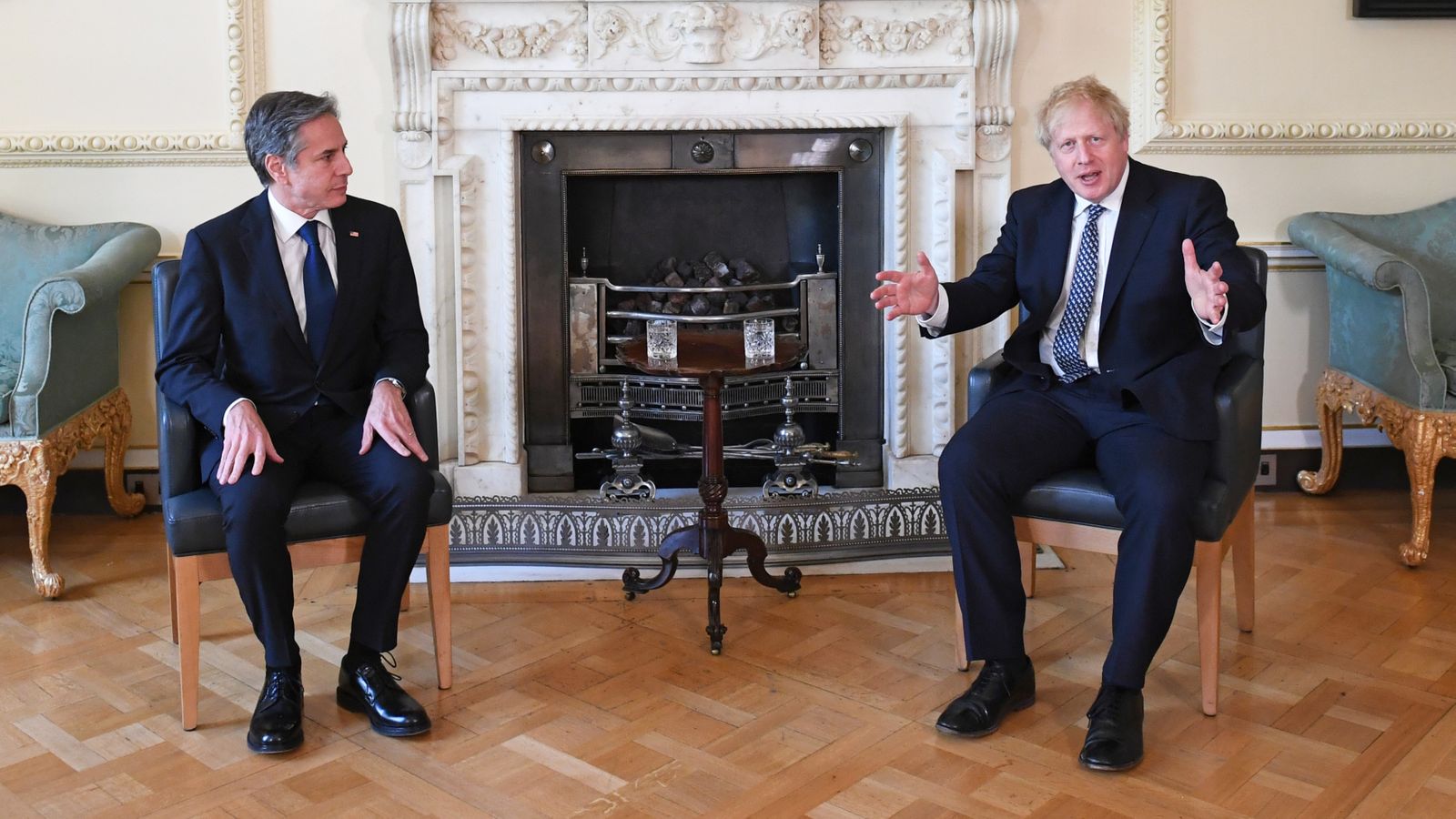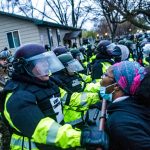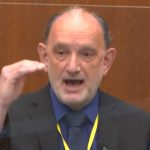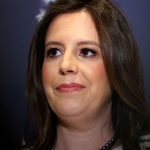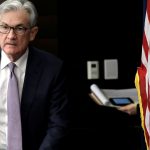Boris Johnson has met the US Secretary of State in an attempt to build ties with the new Biden administration – as G7 foreign ministers met ahead of June’s summit.
The prime minister hosted Antony Blinken in Downing Street as the United States and the UK forge a fresh relationship following Donald Trump’s term and as the UK tries to create new trade ties after Brexit.
Ahead of the discussions, Mr Blinken, who is in charge of US foreign affairs, said the US has “no closer ally, no closer partner” than the UK.
Please use Chrome browser for a more accessible video player
A Downing Street statement said the pair discussed the “close alignment between UK and US foreign policy and agreed co-operation between the two will be “instrumental” in tackling the pandemic, protecting the environment and “other international priorities”.
“They also welcomed wider work the UK and US are doing together in areas such as trade and defence,” it added.
The PM and Mr Blinken also discussed the situation in Afghanistan, Iran and China, and said the G7 has important work to do in the global rollout of vaccines, “including efforts to increase international manufacturing capability”.
British Foreign Secretary Dominic Raab held talks with Mr Blinken on Monday, ahead of a G7 meeting of foreign ministers in London on Tuesday, the first in-person meeting since the pandemic hit, which focused on relations with Russia, China and Iran.
The group of industrialised nations’ foreign ministers also discussed the crisis in Myanmar and violence in Ethiopia and Syria.
Separated from each other by clear screens at the summit table, Mr Raab welcomed his counterparts from France, Germany, Italy, Japan, Canada, the US and the EU with awkward forearm bumps.
Regular testing and cleaning regimes are in place, with one insider joking there is “hand sanitiser running down the walls” as the UK is keen to avoid any COVID-19 issues as it holds the first of a series of international meetings aimed at securing its place on the global stage after Brexit.
Asked about what the foreign ministers would say about China, Mr Raab said: “We believe in keeping trade open, we believe in standing up for open societies, for human rights and democracy.
“We believe in safeguarding and promoting public goods – whether it’s the environment and tackling climate change, particularly with (climate summit) COP26 coming up in November, but also dealing with pandemics and public health more generally.
“The COVAX mechanism is particularly important at this very sensitive time for the developing countries, the poorer countries and the most vulnerable countries around the world.”
Mr Raab added that he and his French counterpart, Jean-Yves Le Drian, held a separate bilateral meeting to discuss the “importance of co-operation ahead of COP26, particularly on international climate finance”.
They also discussed education, the two country’s work to tackle illegal immigration in the Channel and how they could work together to address concerns about climate change, vaccines supply and global health.
A full G7 summit will take place in June in Cornwall, marking the first overseas visit by US President Joe Biden.
Australia, India, Japan, South Korea and South Africa have been invited as guests as the UK tries to deepen ties with the Indo-Pacific region.
G7 ministers will invest $15bn (£10.9bn) in development finance over the next two years to help women in developing countries access jobs, recover from the impacts of the pandemic and build resilient businesses.
They are also expected to sign up to new targets to get 40 million more girls into schools and 20 million more reading by the age of 10 in poorer nations by 2026.
However, Mr Raab is facing strong criticism for cutting foreign aid from 0.7% of national income to 0.5%, citing the financial impact of the pandemic.
He said aid cuts had been a “difficult decision” but the UK still has scope “to be an even greater force for good in the world”.
